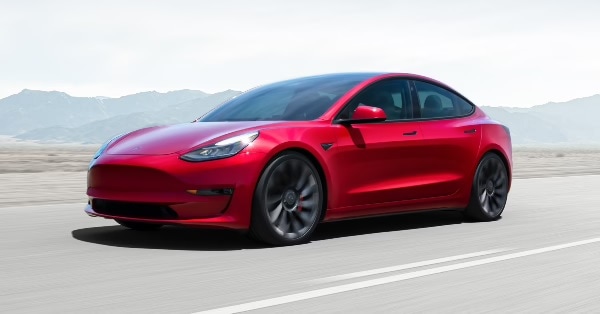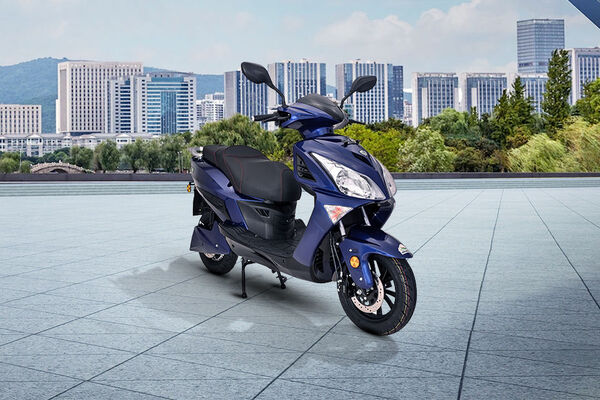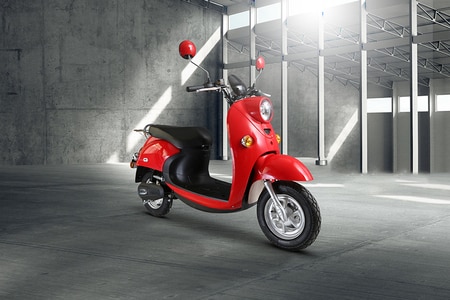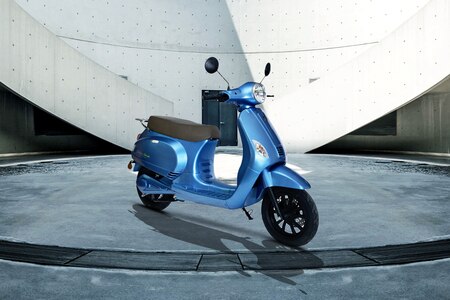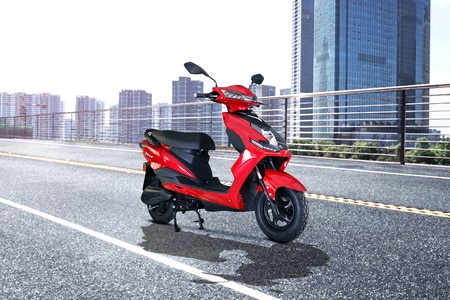Rare Tesla bias trial caps tears of racism complaints at plant
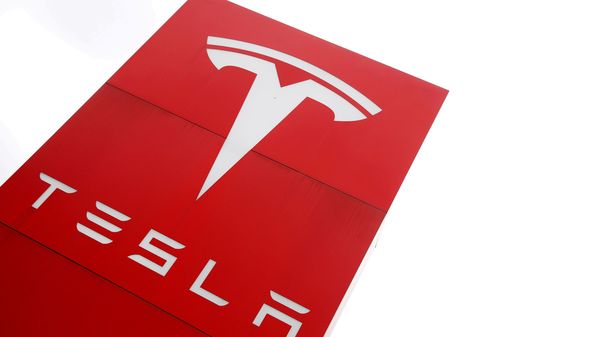

A former factory worker at Tesla Inc. who alleges racism was rampant on the assembly line already has achieved a rare feat: forcing the electric-car maker to fight him in open court.
But when Owen Diaz takes his case to a jury trial starting Friday in San Francisco, he’s up against a company that almost never loses workplace disputes.
Also Read : Tesla starts judging owners it charged $10,000 for self-driving
Also check these Vehicles
Of almost 90 employment-related arbitration complaints filed against Tesla from 2016 to March of this year, the company prevailed in 11 cases decided by a private judge after closed-door hearings, according to data compiled by JAMS, the arbitration service provider that handles the company’s disputes. Tesla lost only one arbitration -- a case very similar to Diaz’s that ended in May with a $1 million award to the ex-employee. Most other cases settled or were abandoned, withdrawn or dismissed without a hearing.
Diaz was exempt from the company’s mandatory arbitration policy and able to pursue his case in federal court because he came to Tesla as a contractor through a staffing agency. The trial will pit Diaz’s allegations that he was repeatedly called the “N-word" and other epithets against Tesla’s defense that it never intended to embarrass and hurt him or disregard of the rights and safety of African-American workers placed by the staffing agency. Tesla didn’t respond to a request for comment ahead of the trial.
Several days of witness testimony from fellow workers, supervisors and human resources personnel will cast a spotlight on years of complaints from Black workers that managers at Tesla’s factory in Fremont, California, turned a blind eye to the commonplace use of racial slurs on the assembly line and was slow to clean up graffiti with swastikas and other hate symbols scrawled in common areas. About 10,000 people work at the factory, which Tesla acquired in 2010.
The case may also embolden shareholder activists who have pushed Tesla’s board, so far without success, to adopt more transparency about its use of arbitration to resolve complaints about sexual harassment and racial discrimination. The board is urging investors to vote down such a proposal at a shareholder meeting for Oct. 7 even as other big Silicon Valley companies, from Alphabet Inc. to Uber Technologies Inc., have backed off the use of mandatory arbitration.
“For Tesla to have to defend itself in the public eye is very important," said Hilary Hammell, an Oakland, California-based employment-discrimination attorney at Levy Vinick Burrell Hyams LLP. “The fact that arbitration agreements are so common in employment really undercuts the right to a jury trial, especially when it comes it our civil rights."
Jeannette Vaccaro, the lead lawyer for the worker who managed to beat Tesla in arbitration, said sparring with the company was “intense." She worked on that case with civil rights attorney Lawrence Organ, who is now representing Diaz.
“They tried to bury me," she said. “Their litigation team was incredibly well-funded and incredibly aggressive. As the arbitrator notes, they fought tooth-and-nail."
Vaccaro also explained that the evidence-gathering process in arbitration is more restrictive than in court, making it harder to prove claims of wrongdoing.
“We had to file numerous motions to get the evidence that we needed, and even then documents were withheld, and that doesn’t happen in court," she said.
Ford Motor Co., General Motors Co. and Fiat Chrysler Automobiles NV all have fought racial-bias complaints by factory workers, but none of those cases have gone to trial.
Read More: Noose Hanging at Ram Plant Adds to Auto Industry Tensions
It’s “fairly rare" for racial-discrimination suits like Diaz’s to go to trial as they usually settle out of court or are forced into arbitration, said David Oppenheimer, a professor at the University of California at Berkeley School of Law. The win rate for plaintiffs in workplace discrimination suits in court is 30% to 35%, he said.
Diaz, who was an elevator operator at the Fremont plant, filed his case in 2017 along with his son and another man who worked at the factory. The son, Demetric, later dropped out of the case and the third plaintiff settled with Tesla for undisclosed terms, according to court records.
Diaz wants Tesla to compensate him for emotional distress and will ask the jury to award punitive damages to deter future wrongdoing. “The amount of money at stake in most employment discrimination cases isn’t substantial when you look at the assets of the employer," Oppenheimer said.
Tesla has said in court filings that it has taken prompt measures to correct unlawful behavior at its facility and denied that it acted in a “malicious or oppressive" way toward Diaz. The company has said it “lacks sufficient knowledge" to address Diaz’s claims that co-workers told him to “go back to Africa," called him the “N-word" and left racist effigies and graffiti in the bathroom and on cardboard bales depicting dark-skinned figures with bones in their hair and thick lips, alongside the word “Booo!"
To bolster Diaz’s claims, his attorneys have lined up as witnesses other former workers who claim they faced a similar pattern of racist behavior.
Lawyers in the case were picking a jury Friday and opening arguments are set for Monday.
The case is Diaz v. Tesla Inc., 17-cv-06748, U.S. District Court, Northern District of California (San Francisco).







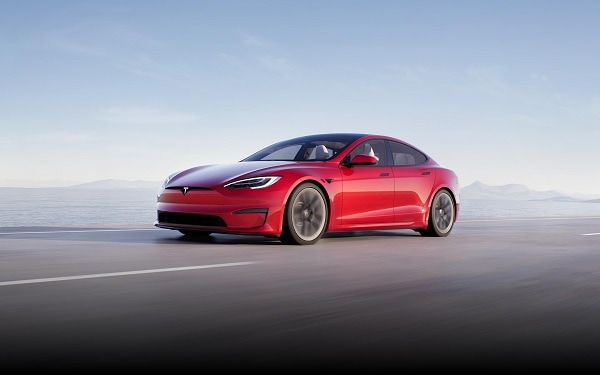
 75 kWh
75 kWh 396 km
396 km